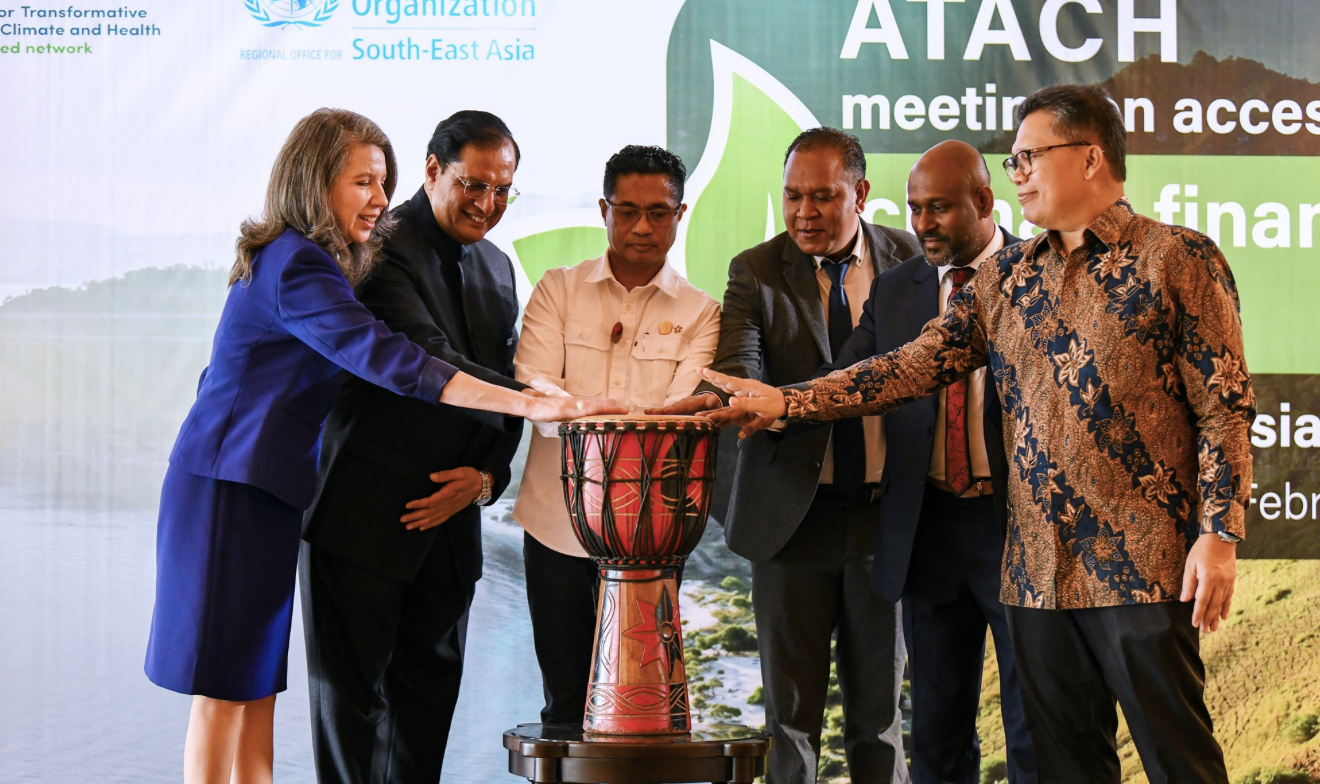The WHO South-East Asia Regional Technical Meeting on Climate Change and Health took place in Timor-Leste from February 25 to 28, 2025, gathering delegates to address the urgent health impacts of climate change and promote sustainable health systems.
The World Health Organization (WHO) South-East Asia Regional Technical Meeting on Climate Change and Health is taking place in Timor-Leste from February 25 to 28, 2025. This high-level assembly includes delegates from various South-East Asia Member States, WHO experts, donor agencies, and collaborative partners. The meeting was inaugurated in Dili by H.E. Mariano Assanami Sabino, the Vice Prime Minister, who emphasized that climate change is a health crisis and an existential threat for Small Island Nations like Timor-Leste. He underscored the urgent need for actions that promote health and build climate-resilient health systems.
Dr. Flávio Brandão, Vice-Minister for Hospital Operationalization, highlighted the importance of this meeting as a platform for sharing knowledge and building capacities in mobilizing resources effectively. This gathering addresses climate change as a significant global health threat that exacerbates inequalities, noting that the health sector contributes nearly 5% of global greenhouse gas emissions, necessitating sustainable practices.
Ms. Saima Wazed, WHO Regional Director for South-East Asia, noted that eight countries in the region have committed to low-carbon sustainable health systems under the COP26 Health Programme. The Alliance for Transformative Action on Climate and Health (ATACH) plays a key role in facilitating international cooperation and knowledge sharing among countries.
Timor-Leste is particularly susceptible to climate-related issues such as rising sea levels and extreme weather, which directly impact public health and exacerbate existing vulnerabilities. Dr. Arvind Mathur, WHO Representative to Timor-Leste, emphasized the need for climate finance to support health initiatives, acknowledging the barriers that prevent the health sector from accessing necessary funds. The meeting aims to discuss strategies for accessing international climate financing and shaping the health agenda for the upcoming COP30. It serves as a vital opportunity for the Timor-Leste government and the Ministry of Health to reaffirm their commitment to addressing climate-related health challenges at a regional level, with WHO’s continued support for building resilience and promoting sustainable development.


